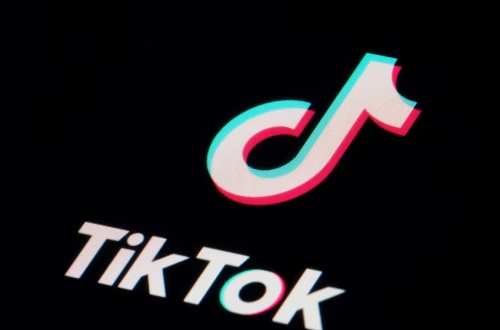Summary:
Section 230 of the Communications Decency Act is a foundational U.S. law that protects online platforms from liability for user-generated content while allowing them to moderate posts. By 2025, debates around free speech, misinformation, and regulation could reshape this framework, impacting social media, content moderation, and digital rights. Policymakers, tech companies, and advocacy groups are clashing over reforms—ranging from stricter platform accountability to broader protections for political speech. Understanding these changes is crucial for internet users, digital rights advocates, and legal professionals navigating evolving online freedoms.
What This Means for You:
- Content Moderation Shifts Could Affect Your Online Expression: Stricter regulations may push platforms to over-censor controversial opinions, while weaker protections could increase exposure to harmful content. Stay informed about platform policies to adapt your digital engagement strategy.
- Legal Risks for Users and Creators May Rise: Proposed amendments might expose individuals to lawsuits for posts deemed defamatory or extremist. Consult legal resources on digital speech rights before sharing high-stakes content.
- Global Precedent for Internet Governance: U.S. changes to Section 230 may influence global internet laws, affecting cross-border access and speech norms. Monitor international developments if you engage with audiences overseas.
- Future Outlook or Warning: Without balanced reforms, Section 230 revisions could either enable unchecked misinformation or suppress marginalized voices. Advocates warn that politicized amendments risk eroding the open internet’s original purpose—equitable access to discourse.
Section 230 & Internet Speech in 2025: What Changes Are Coming for Online Free Speech?
The Foundations of Section 230
Enacted in 1996, Section 230 established that internet platforms are not publishers of third-party content, shielding them from lawsuits while permitting moderation to remove “objectionable” material. This dual immunity fueled the growth of social media but now faces scrutiny over its role in polarization, hate speech, and disinformation.
The 2025 Political Battlefield
By 2025, bipartisan criticism may fracture the law’s original consensus. Progressive lawmakers demand platforms address algorithmic amplification of harmful content, while conservatives allege anti-conservative bias in moderation. Proposed bills like the EARN IT Act (targeting child safety) and Platform Accountability and Transparency Act exemplify competing reform pressures.
Human Rights and Access Implications
The UN has declared internet access a human right, but Section 230 reforms could undermine this if moderation becomes overly restrictive or liability deters platform innovation. Advocates stress that disproportionate restrictions on encrypted services or “legal but harmful” content may harm at-risk groups, from activists to LGBTQ+ communities.
Global Ripple Effects
Countries like the UK (Online Safety Act) and the EU (Digital Services Act) are implementing stricter regulations. U.S. reforms could either harmonize global standards or deepen fragmentation, complicating cross-platform free expression.
People Also Ask About:
- Could Section 230 reforms violate the First Amendment?
Some proposals might conflict with free speech principles if they compel platforms to remove constitutionally protected speech or prescribe viewpoint-based moderation, inviting legal challenges. - How would Section 230 changes impact small websites?
Smaller platforms may lack resources for compliance, stifling competition. However, exceptions for “small providers” have been proposed to mitigate this. - Do other countries have laws like Section 230?
Few nations offer equivalent protections. The EU’s e-Commerce Directive has limited similarities, but its stricter regulations prioritize harm reduction over immunity. - Can users sue platforms if Section 230 is repealed?
Repeal would expose platforms to defamation and negligence suits, likely leading to aggressive pre-screening of user content or shutdowns of comment features.
Expert Opinion:
The next phase of Section 230 debates must balance accountability with innovation, avoiding reactive overhauls that exacerbate existing inequities. International observers caution that heavy-handed U.S. regulation could empower authoritarian models of internet control. Proactive transparency requirements, like public moderation logs, may offer a middle path between free expression and safety.
Extra Information:
- Electronic Frontier Foundation (EFF) on Section 230 (eff.org/issues/cda230): Analyzes pending legislation and defenses of intermediary liability protections.
- Knight First Amendment Institute’s Reports (knightcolumbia.org): Tracks free speech implications of tech regulation, including 2025 forecasts.
Related Key Terms:
- Section 230 reform proposals 2025
- Internet free speech laws United States
- Social media liability for user content
- Online content moderation policy changes
- First Amendment and platform regulation
- EARN IT Act impact on encryption
- Global internet censorship trends 2025
*Featured image provided by Dall-E 3





